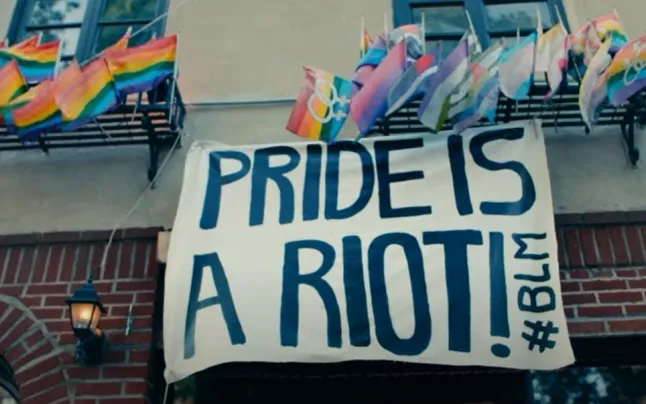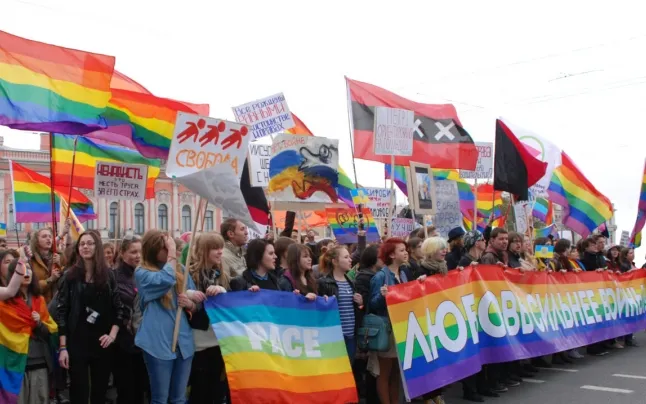In addition to the social difficulties for LGBTI visibilities and the economic difficulties for the survival of businesses, the pandemic also put an end to the possibility of meeting physically, and has also done away with the spaces that made this possible.
La Gozadera was a landmark for lesbian women in Mexico City. A space that combined a cultural centre, art gallery, workshops and weekend activities and events. It was one of the very few spaces for lesbian women that had opened doors in Mexico and had become a space to resist LGBTIphobia. However, it wasn’t able to resist the crisis unleashed by the pandemic.
In Colombia there were several bars and cultural centres where LGBTI people used to gather. Teres is probably the oldest and most important. El bar de Tere, Ruta 69, Ocho 38, Kanahan and La tiendita, in Medellin, were some of the venues for lesbian women. Some have closed down and others have closed for good.
In Italy, where the pandemic has been especially harsh and there have been several lock-downs, the hostelry sector launched the campaign #ioparo last January and the invisibility of LGBTI bars was astonishing.
In the USA, Stonewell In, the landmark and origin of LGBTI revolts that led to the 28 June celebrations was forced to seek help some months ago to stay open, precisely during the 50th anniversary since the first LGBTI pride in New York.
We talk with several LGBTI activists about this. In Mexico, with the closure of la Gozadera and other venues, Gloria Careaga points out that “these closures are one of our biggest concerns. During the pandemic they did not receive any support. The trans space did receive support, but it was a loan, and many of the businesses linked to the LGBTI community are going through a deep crisis”.
This is also what some of the regulars at la Gozadera say. “It was a space of resistance, a space to stick together, a safe-harbour for the community”, says Pacha, while Rosa highlights that “it was an alternative space to support anti-capitalist projects, a space where we could openly talk our mind, always respecting others”.
From Medellin, Ismaria Zapata says “these venues were a meeting point for LGBTI people of all sorts. More concretely, the bars for lesbians were very much inter-class. The pandemic led to the closure of businesses that had only just started and caused their owners into a spiral of indebtedness, besides the fact that we’ve lost the spaces where we would meet collectively”.
The loss of socialization spaces for LGBTI people for many has meant going back into the closet and, in many cases, the community is now exposed to LGBTIphobia, especially for trans people. Zapata highlights that right now, “only the upper class have been able to continue with some socialization in their private estates, because there used to be public parks where we used to meet, but now they are closed”.
In this context, the response has been varied; one way of keeping in touch has been virtually, as Ismaria Zapata tells us: “It has allowed us to stay in touch and socialize in another way than in bars. The pandemic has brought other possibilities because we have met in different virtual spaces even if we haven’t been able to meet physically”.
LGBTI leisure was an emerging reality around the world, a tourist attraction that is being blown away by Covid. In addition to the social difficulties for LGBTI visibilities and the economic difficulties for the survival of businesses, the pandemic also put an end to the possibility of meeting physically, and has also done away with the spaces that made this possible.







Add new comment